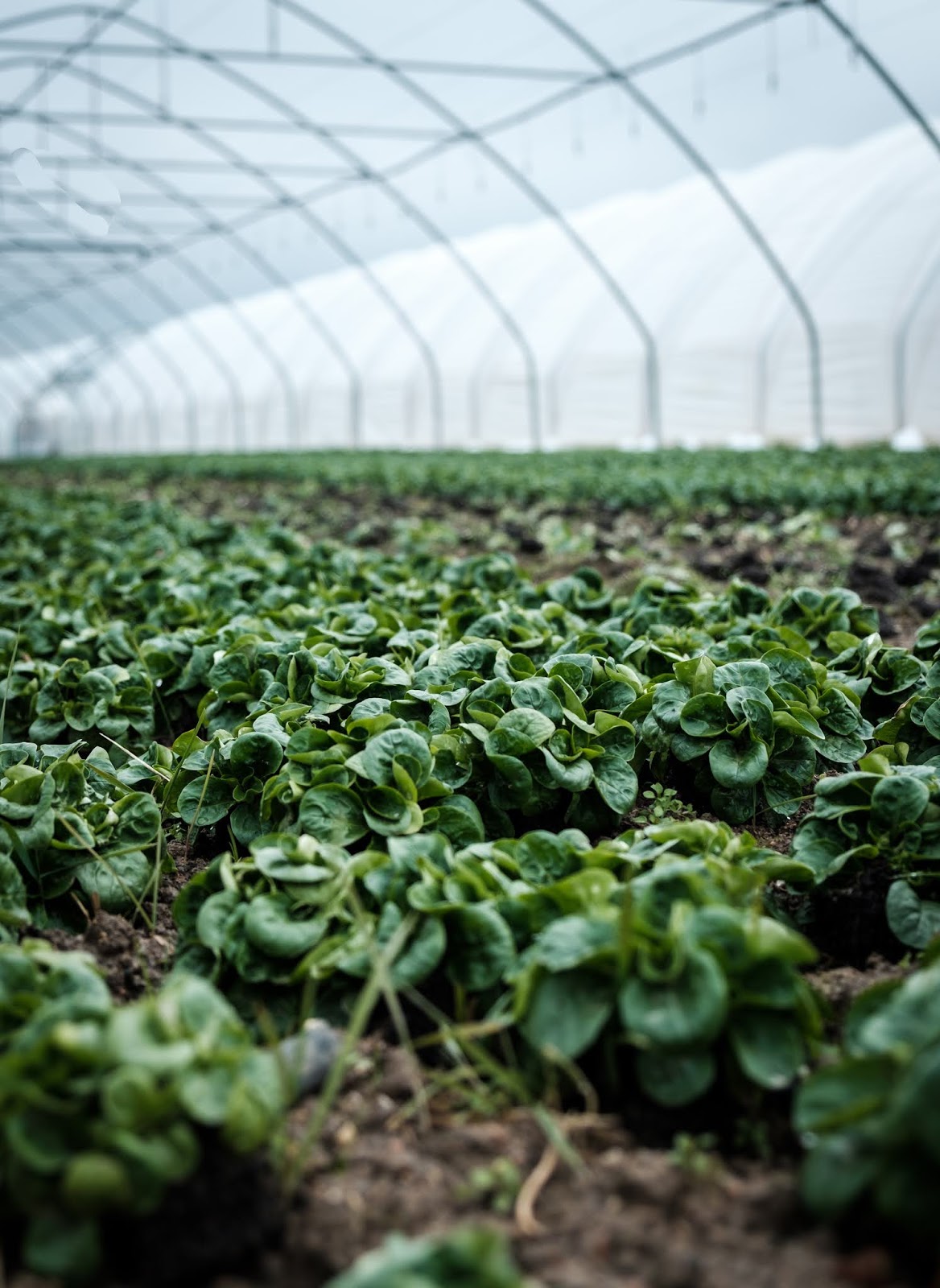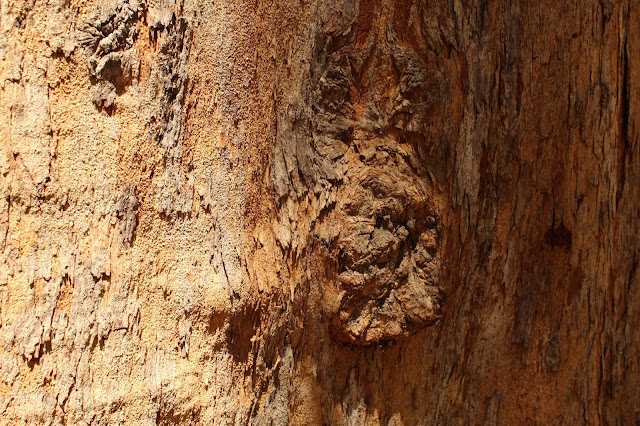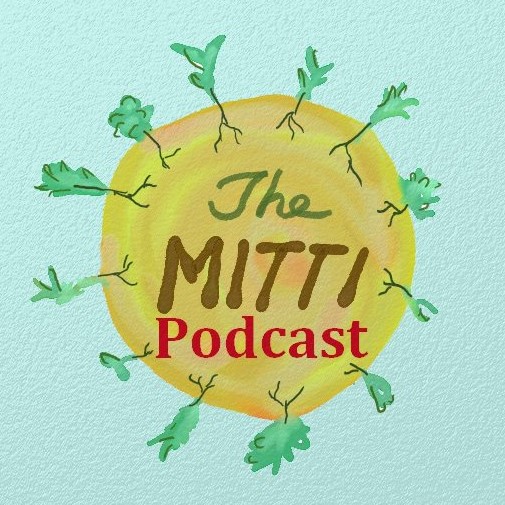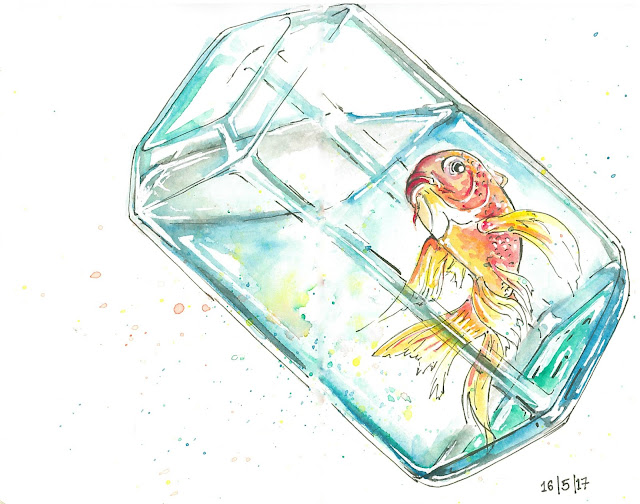Seed to Food Sovereignty
 |
| Artwork by Anuraag Nandagiri, 2019 |
One afternoon, I was preparing for lunch, cutting some lemons, nonchalantly sliding the knife through the flesh, scooping the seeds out.
"Wait, don't throw those away, what if we can plant them?", said my girlfriend.
"Woah, that mean more lemons!", I replied with excitement.
Is that it? I put the seed in the soil and that is it, I thought. My life experience told me that nothing can be that simple. I had once heard something about genetically modified seeds and that they do not germinate easily. My steam cooker boiled away, as I proceeded to search on the internet the great secrets of the lemon seeds.
"Careful with the cooker, three to four whistles are enough",my mother always said.
With the vigilance of a Meerkat, I proceeded to find how to plant a lemon seed while keeping an eye on the cooker. "Make sure you purchase an organic lemon, since non-organic lemon seeds may be duds; incapable of germinating", one article said.
How do I know if the lemon I bought was organic or not, and why would somebody restrict the idea of propagation of seeds? Surely an intriguing question.
Sssssss, went the cooker the third time, or was it the fourth time? At least it wasn't smelling burnt. I turned the stove off and set the cooker aside for it to cool down.
A UK based heirloom seed company named 'Real Seeds' wrote on their website that the seed you save could either be sterile or produce a poor crop. The reason behind that is most of these seeds are of Hybrid ("F1") variety, which are a cross between two different but heavily inbred parents. This means, only the company that provides the seeds knows how to produce it and hence the original parent seeds are not traceable, as a result , the grower is dependent on these seeds for his crop and cannot develop his own.
Traditionally, farmers have always saved seeds and even exchanged them with others. I remembered my grandfather telling me how this helped in developing a stronger seed, which is more resilient to the elements.
This made me question what happened then? What could have been the driver behind such a drastic change?
It seems to be again cropping from the green revolution in 1960s that introduced development programmes encouraging usage of high-yielding seeds and the use of chemical inputs. In an article named, "Monocropping cultures into ruin: the loss of food varieties and cultural diversity" published in the Sustainability Journal in 2012 by the University of Central Florida, loss of genetic diversity of thousands of plants and crops has been discussed as a result of political economic conditions of the green revolution.
"Culture and biological diversity co-evolve in complex and constitutive feedbacks, and their losses are also complex", stated the article.
The article elaborates on how industrial revolution selects a few high-yielding varieties at the expense of biological diversity and cultural variation that have developed organically over time.
While it is undeniable that industrialization of agriculture has kept up with an increasing need for food and a growing world population, it has come at a cost. In some ways, industrial agriculture can be explained as agriculture that changes plants to fit machines, where harvesters can economically harvest a large amount of crop of one kind as opposed to a field with diverse crop variety. This makes monoculture an attractive economic approach.
For such high yield, maintaining uniformity is a requirement. Thus, strict regulations have been enforced at policy levels. In the years that have followed, several seed laws were introduced with the proposed intention of liberalizing trade. However, this has also encouraged introducing IPR (Intellectual Property Rights) on seeds, creating a global monopoly. In many parts of the world, seed saving has hence technically become a crime.
On one hand, the laws where property rights are granted were designed to ensure seed quality, market transparency and prevention of counterfeits. The regulations, on the other hand, have restricted the farmer to purchase only commercial seeds tailored for this form of industrial farming.
In an instance of an organic farmer in Germany, named Josef Albrecht, who was not satisfied with commercially available seeds. Albrecht developed his own variety of wheat which he shared with other organic farmers in his neighbourhood. He was fined by his own government because he traded uncertified seeds.
"Albrecht challenged the penalty and the seed act because he felt restricted in freely exercising his occupation as an organic farmer by this law", said the report.
Seed activism has been a novel approach to fight for food sovereignty, through which activists reclaim seeds and biodiversity as public goods. It has helped local communities control seed reproduction and circulation autonomously.
The solution at a systemic level is very complex and ridden with legal language that the average person does not understand. Individual suffering is evident from the way things have been regulated, and when the system does not work for people, the system has to be transformed by a collective effort.
While initiatives like seed activism are trying to reconcile the losses of industrial agriculture at a larger level, individuals can contribute to this at no expense through seed saving. This can be done at the comfort of one's home and there are various platforms elaborating on which seeds to save, how to harvest and how to store seeds. Some platforms that I personally found very informative are:
3. Real seeds
Seed saving motivates communities' autonomy and, in essence, their control on the food supply. In addition locally saved seeds are better adapted to the soil and climatic conditions of the place.
This conversation is far from finished, and you are most welcome to be part of it! Did you practice seed saving before? Do you cultivate a home garden? Where do you normally get seeds from? Let us know in the comments.





